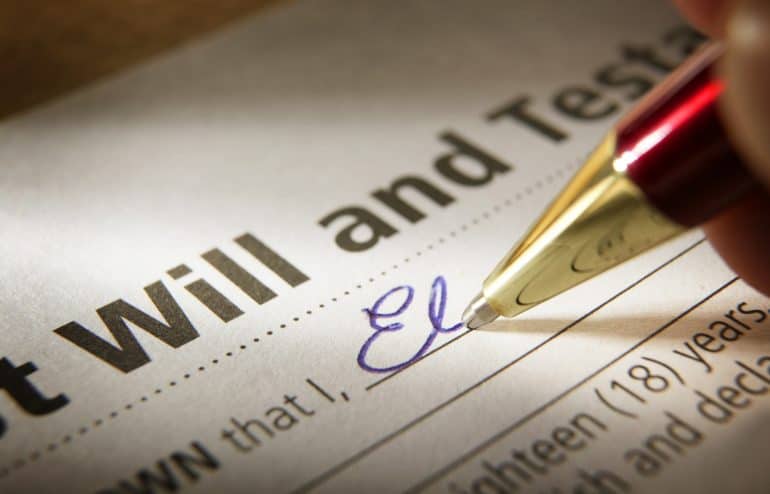WILL MAKING – WHEN IS PRESSURE “UNDUE INFLUENCE”?
In our specialist Contentious Trusts and Probate team, we are often approached by clients who have concerns that a recently deceased loved one may have been pressurised into making their Will. Is this grounds for challenging the validity of a Will? In short, perhaps – but it is not straightforward.
A legal challenge as to the validity of a Will on the basis of excessive pressure by a third party is known as “undue influence”. One of the most succinct definitions of what constitutes “undue influence” came in Hall v Hall, a case from the 1860s. In this case the type of pressure that would be classed as unlawful was described as of such “character if so exerted as to overpower the volition without convincing the judgment of the testator (the person making the Will)… though no force has been either used or threatened”.
However, some pressure exerted on a testator is not unlawful. In the Will making process it is not uncommon for testators to consult with others (for example, their children) and for these third parties to try to influence the testator into making a Will in their favour. The key is that the contents of the Will must still reflect the testator’s own freely made decisions. For pressure to be unlawful, we are looking for examples of coercion where the testator is acting contrary to their own free will and choice. However, having said that, note that a frail testator giving into pressure for a “quiet life” could constitute undue influence. Circumstances are key and different levels of pressure will overpower different individuals.
Practically speaking, how common are these claims? Whilst we receive a lot of enquiries about undue influence, one of the first points we like to make is that historically successful claims challenging the validity of a Will on the basis of undue influence are very rare. Whilst the legal concepts are relatively straightforward, the real issue is evidence. The person with the best knowledge of the events is unfortunately dead (i.e. the testator).
Whilst we would advise clients to approach undue influence claims with extreme caution, this should not put people off from carrying out investigations if they have suspicions of foul play. There are also linked claims which can be run as an alternative to undue influence and as such, it is always worth seeking a specialist legal opinion if you have concerns regarding a Will.

